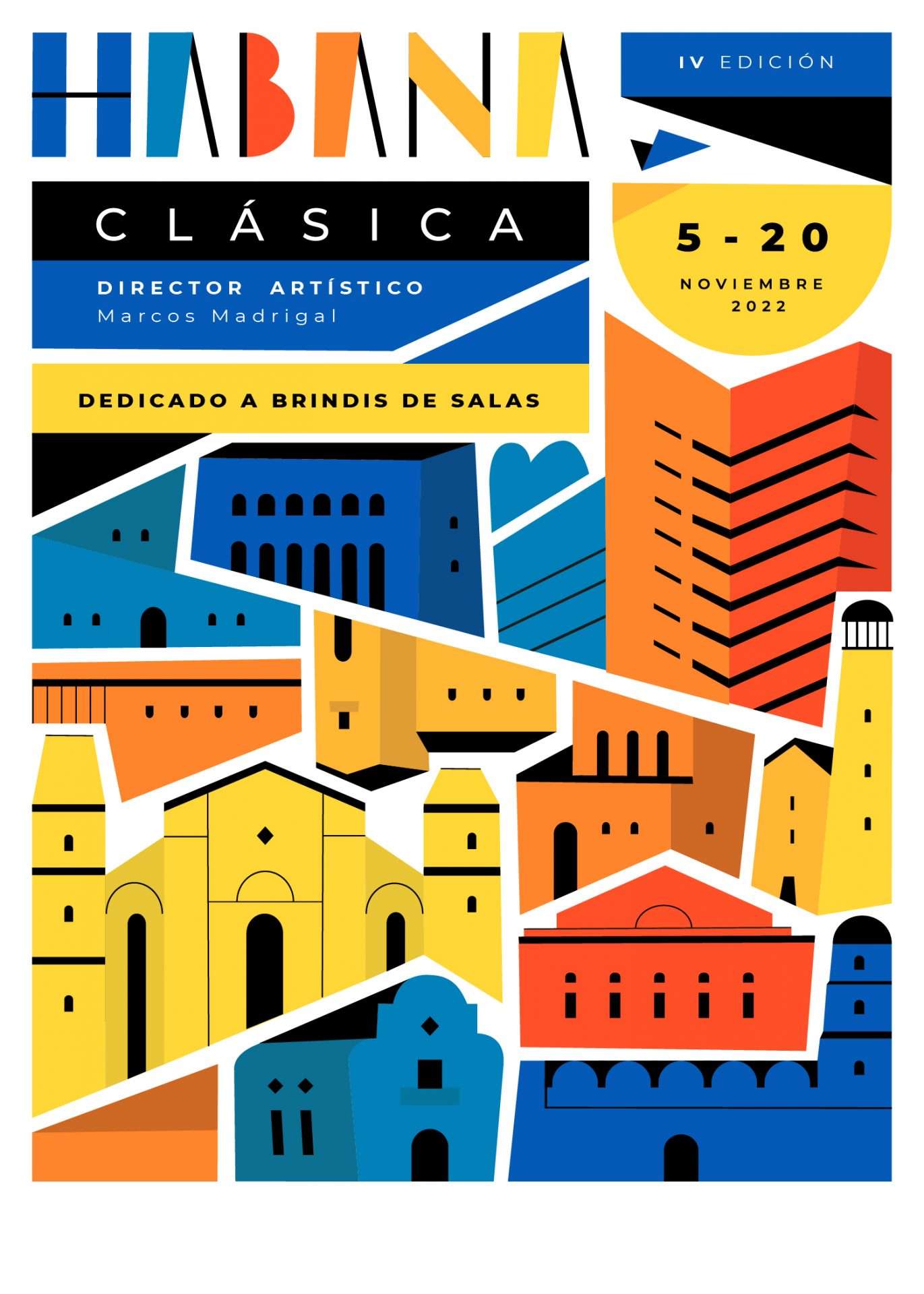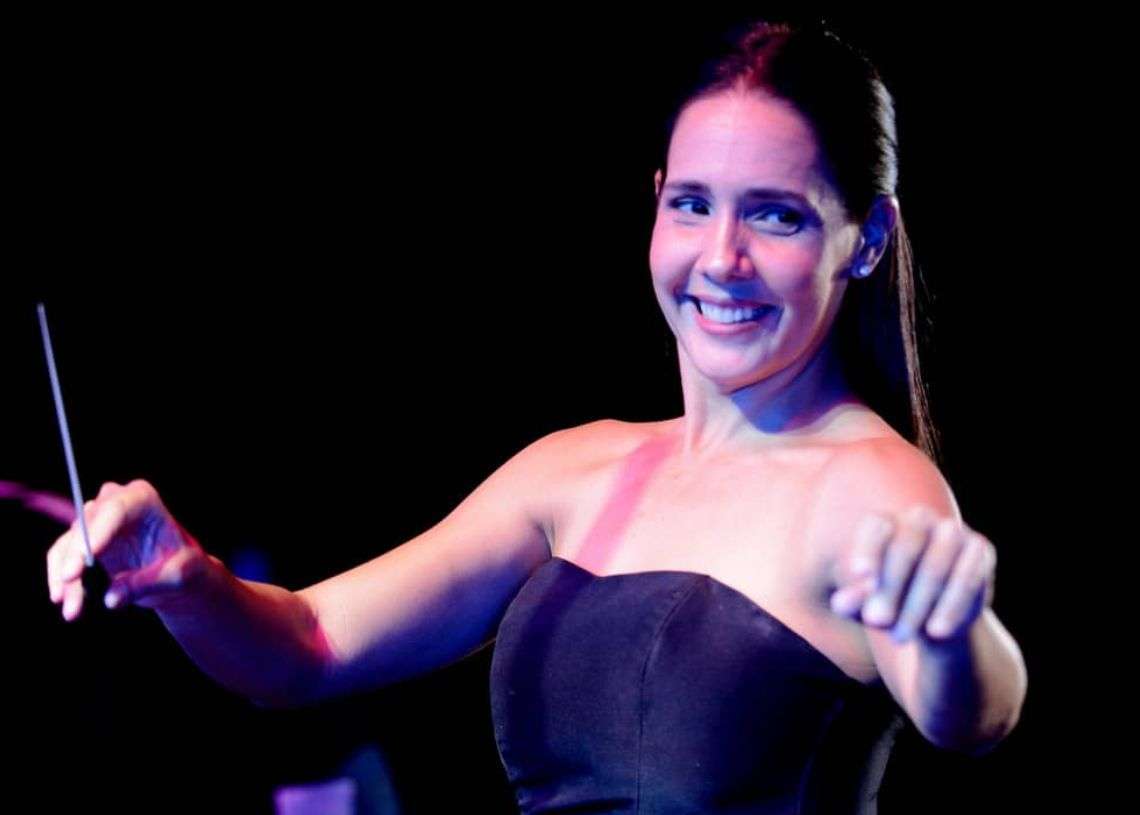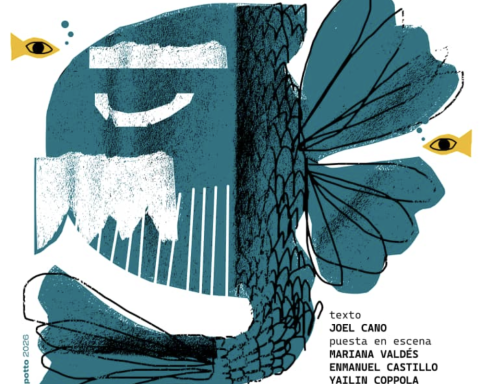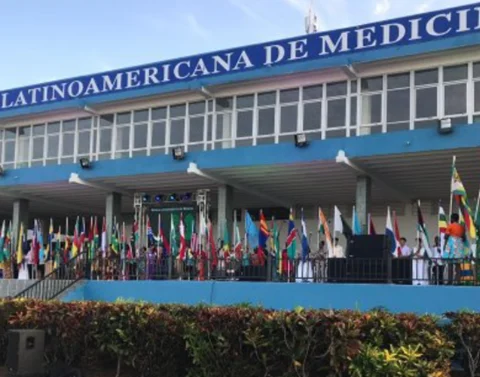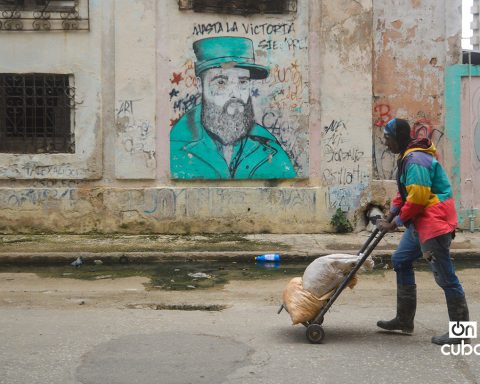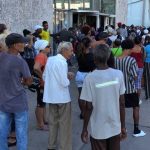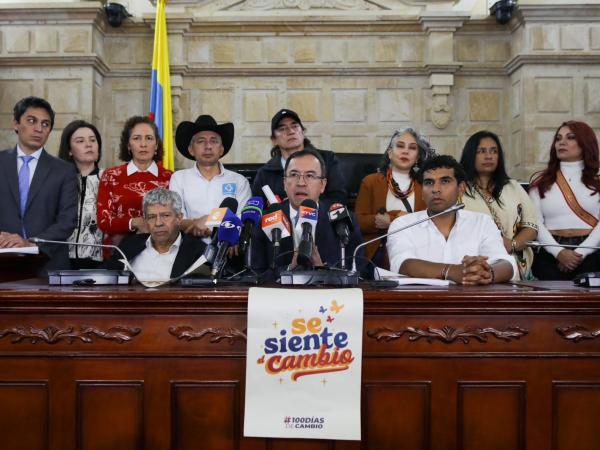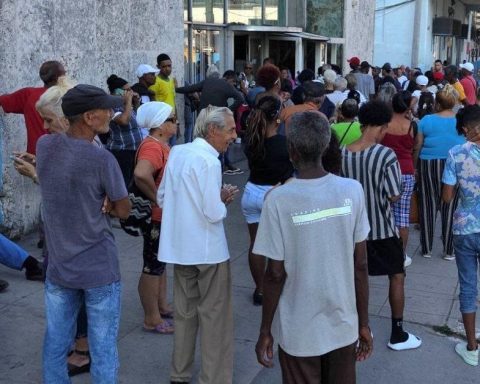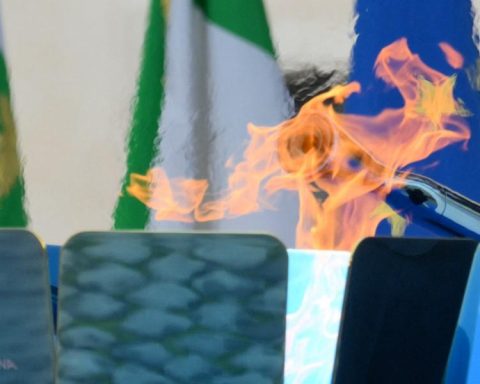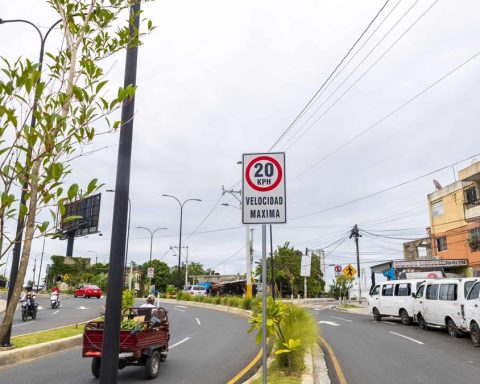Cuba, 2022. Classic Havana Festival. Between emergencies and deficiencies, it might seem like a chimera that many people are interested in this music, but the truth is that concert halls are still full.
Someone like Daiana García Siverio, they continue to dedicate their lives to him. Despite her youth, her resume is so extensive that it does not fit in an interview. Suffice it to say that she is currently director of the Havana Chamber Orchestra and deputy director of the National Symphony Orchestra of Cuba, and she has directed all the provincial symphony orchestras.
These and many other topics we have been talking to her these days via WhatsApp, between rehearsals, concerts and moments of rest.
The beginnings and the path
“My beginning in music was quite casual, fortuitous, one thing led to another until I realized that I could never detach myself from that world anymore.
The school where I studied primary was attached to the Manuel Saumell Conservatory, and every year then they made a selection of second grade children to see who had artistic aptitudes and attitudes. They went and chose me without my mother knowing anything, and then a telegram arrived at my house saying that I had to take the second test and she did not understand, because I had only told her that she had had a music education class. I didn’t know what she was participating in, she was very small. So she entered the Conservatory at the age of 7, to study piano.
Then I leaned towards choirs and entered the Amadeo Roldán Conservatory in Choral Conducting and already in my last year I realized that what I really wanted was to conduct something bigger and I began to prepare to enter ISA in Orchestra Conducting. I graduated under the tutelage of the teacher Guido López Gavilán.”
How to survive with music
“Living off classical music, not only in Cuba, but in many countries, is very complicated. Sometimes we run easier in some sense. In general, we put together the repertoires we want, although we are currently going through a very difficult situation with concert halls, which have been greatly reduced after the pandemic, especially due to maintenance. But before, we could decide to stage this or that repertoire in such a place and at least we had that artistic freedom.
We have thousands of obstacles, like the fact that there is no transportation and sometimes you have to pay for it to move your instruments; to get costumes, to print the scores and hand programs. All of this is at our expense.
You have to have two, three and even four jobs, people in orchestras play in several and many are also teachers. I also. Sometimes, they also play in Cuban music groups, the kind that approach music in a more professional way, but they have to play in bars, in private events to be able to survive.”
music family
“My girls Adriana and Andrea are 14 years old and they are twins. They are all the light and the engine that drives me to be better every day, so that they have the best possible reference, as a woman, as a mother, as a professional.
That means doubling up as musician, director, project leader, and mom all the time. It means arriving from a rehearsal and also taking care of the girls, the house, everything that needs to be resolved.
But I have a spectacular counterpart who supports me in everything and we are always compensating depending on who has the busiest week, who has a concert in the next few days: my husband, Aldito López Gavilán, is also a musician. Without him it would be much more difficult for me.
The girls are also in the world of music already. Adriana plays the piano, the guitar and is dabbling in the electric bass. Andrea plays the piano and the flute and both have already known the rigor of concerts and competitions in which they have been awarded, which makes it very easy to respect the moment when mom has to study, and they must take on some small task, prepare something or heat up food.
Without them, without their collaboration, their understanding, it would have been much more difficult for me. At the same time that his work also motivates me, in the case of Aldito I am always learning something new and with the girls too, by teaching them one also learns.”
classical music vs. trivialization
«The music called classical, academic music, has always had a more elitist audience. But at the same time it gives us great pleasure to see how young people are increasingly joining this public, contrary to what one might think due to the trivialization, commercialization, hearing loss, and noise pollution that we are seeing.
It is always very comforting to see that concert halls have very good public attendance, even if they are not packed as is the case with this type of large festivals –such as Habana Clásica– which have a stronger reach and promotion.”
The missing support
“The money to support musical projects is often in the hands of people with little culture, or who do not have the sensitivity to carry out fair policies and put it into good projects. They prefer to prioritize other more basic ones that are aimed at a public that thinks less and less, and it is a vicious circle.
It is necessary to direct children from childhood for a cultural taste, give them higher quality music, bring them closer to the arts and take that to schools. Do not leave them alone with a phone in hand, because they will end up listening only to what the elderly or fashion is imposing on them.
I believe that the edges that lead to violence, to vulgar aesthetic codes, to a degradation of women and their sexuality should be avoided, and they should be compensated a lot with other manifestations of art. It is very difficult after you turn 17 or 20, to start imposing certain codes already if they have not been encouraged before. Artistic education should be present from kindergarten in a pleasant, drinkable way.”
genre fusion
“The Havana Chamber Orchestra does not skimp on participating in different projects of different kinds, genres and with artists of different styles. We have been to jazz and electronic music festivals, collaborating with troubadours. Our spectrum is wide as long as the project to which we are invited has an elaborate, serious, well-planned content that makes the orchestra shine and grow.
This range, which we always try to broaden, also makes many people know us in other fields, through other music, styles that are more similar to them, and from there they also follow the orchestra in the work that is more common to it. This is how we have also been winning in public.”
Festival and much more
“Classic Havana has been growing in multiple ways. This edition has been much more comprehensive, more comprehensive; not only because of the participating musicians –national and foreign–, which have increased considerably in quantity and consequently the proposals for concerts and repertoires have diversified, but also have included the theater this time as a new manifestation within their program and the dance that was incorporated since the previous edition has been maintained .
At the same time, one of the edges that has been expanded this year is the didactic work, since almost all of the musicians who visit us have offered master classes, many of which have left the area of the Historic Center to reach Elementary Level conservatories. and work directly with boys and girls who are new to music, and who often do not have the access or the necessary information to reach the places where these classes are offered, because on this occasion they have been able to work directly with these great teachers. Likewise, social and community work has increased, with visits to hospitals, neighborhoods and centers that welcome vulnerable people, to bring art to those most in need. For all this, Classic Havana 2022 has been, so far, the largest, most diverse edition and one that has achieved the greatest reach in every way. However, we are sure that the next one will surpass it.”
The oxygen of music
“It is a challenge to make this music, but at the same time it is so oxygenating to be immersed in our work. Music also makes us get out of those obstacles that we have to deal with daily in the current difficult times. Above all, it reports elevation, getting out of the everyday and taking us to that other, less earthly, parallel world that exists in art, especially in music.”
